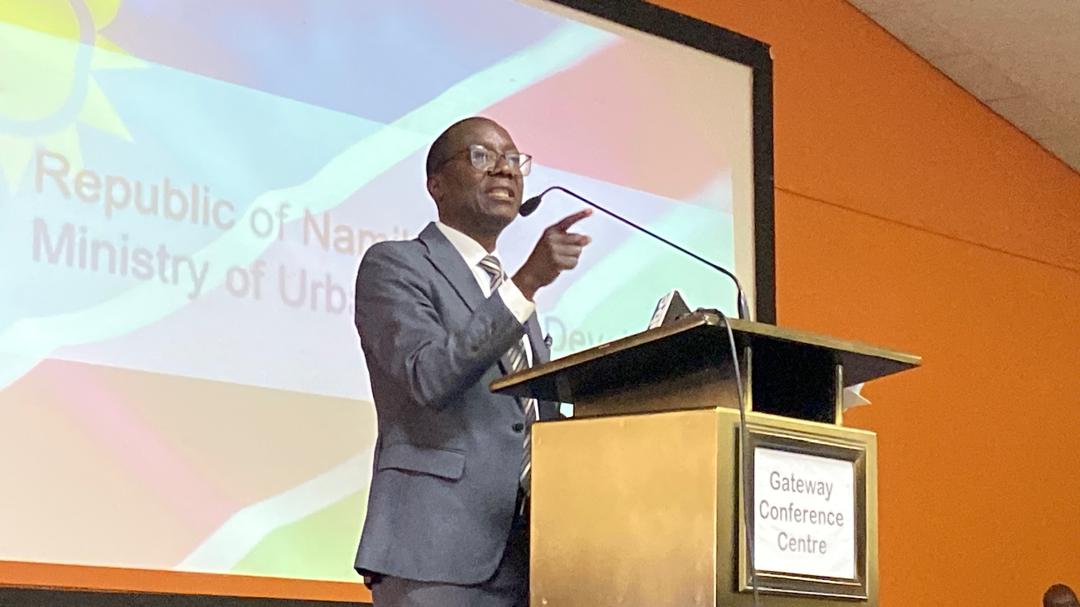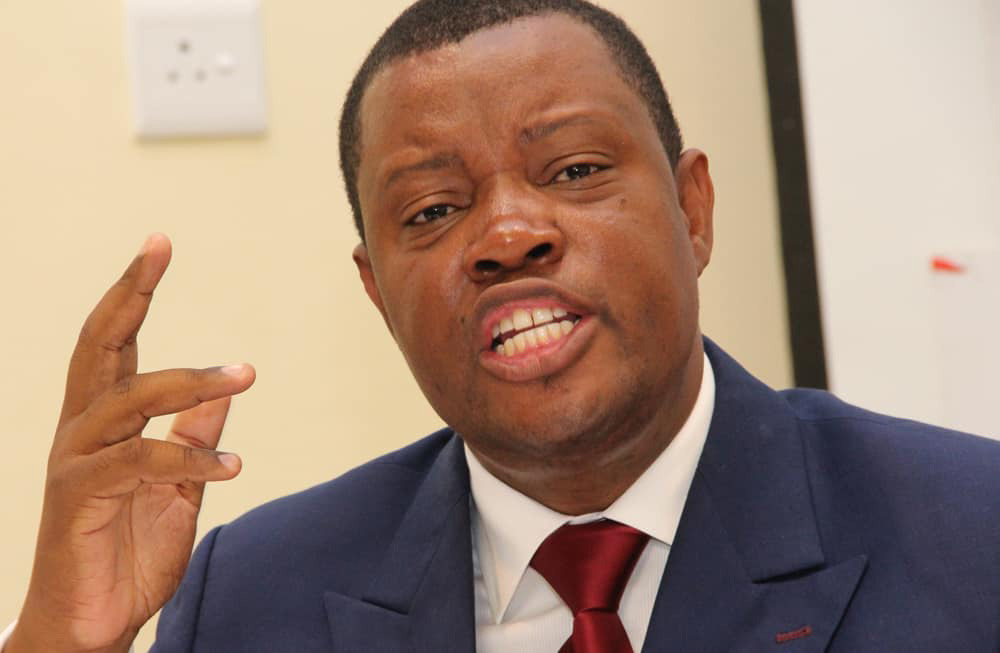WEALTHIER SADC member states will this week be told to stop poaching health professionals from others.
A meeting of health permanent secretaries which started in Windhoek yesterday expressed concern about the poaching of health professionals and urged ministers to reiterate a decision taken at an earlier meeting that the recruitment of health professionals within the region be undertaken through mutual agreements and through exchange programmes. “There should also be a mechanism to ensure the return of health professionals to their home countries upon completion of their training,” the senior officials suggested.The resolution will be presented to the health ministers’ meeting for adoption on Thursday.The senior officials said they were concerned that some member states continued to recruit health professionals from others, thereby aggravating the shortage of health staff.”This is contrary to the decision taken before the restructuring of SADC institutions.This may require ministers to make a new pronouncement regarding recruitment of health professionals amongst member states,” the draft report said.Most African countries have been hit by an exodus of health professionals mostly to Europe, especially Britain, but have not complained that much about migration within the region.SADC started taking steps to minimise the poaching of doctors and nurses by requiring the country of origin of a health professional to agree to his or her employment in another SADC state.Under a protocol, no SADC member state may disadvantage another by luring or “stealing” health professionals using economic superiority.”There should also be a mechanism to ensure the return of health professionals to their home countries upon completion of their training,” the senior officials suggested.The resolution will be presented to the health ministers’ meeting for adoption on Thursday.The senior officials said they were concerned that some member states continued to recruit health professionals from others, thereby aggravating the shortage of health staff.”This is contrary to the decision taken before the restructuring of SADC institutions.This may require ministers to make a new pronouncement regarding recruitment of health professionals amongst member states,” the draft report said.Most African countries have been hit by an exodus of health professionals mostly to Europe, especially Britain, but have not complained that much about migration within the region.SADC started taking steps to minimise the poaching of doctors and nurses by requiring the country of origin of a health professional to agree to his or her employment in another SADC state.Under a protocol, no SADC member state may disadvantage another by luring or “stealing” health professionals using economic superiority.
Stay informed with The Namibian – your source for credible journalism. Get in-depth reporting and opinions for
only N$85 a month. Invest in journalism, invest in democracy –
Subscribe Now!









